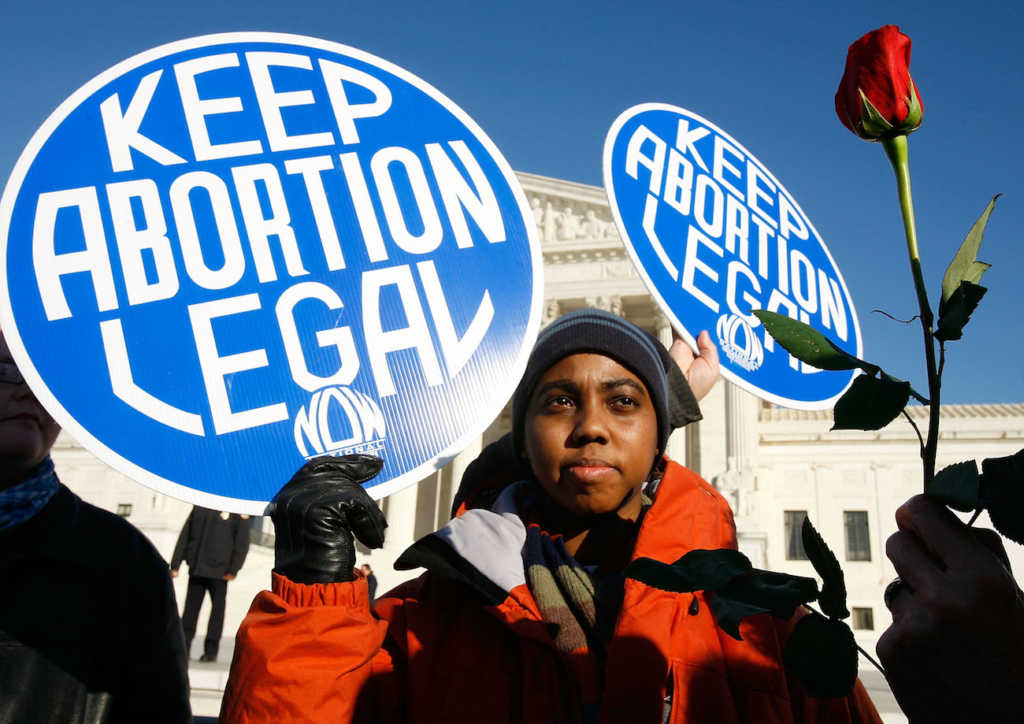On December 28, The New York Times teased an eight-part editorial series called “A Woman’s Rights.”
“More and more laws are treating a fetus as a person, and a woman as less of one, as states charge pregnant women with crimes … ,” reads a description at the top of the piece, which argues why personhood laws that protect unborn children are inhumane and anti-women.
Leading Cause of Death in 2018 Surpasses Cancer, Addiction — and It’s Not Even Close
Rather than treating fetal personhood as a legitimate moral argument against abortion, the Times editorial paints it as “an extreme legal argument with little precedence in American law before the 1970s,” employed by lawmakers and politicians hell-bent on destroying women’s rights. The introductory article is full of false assumptions and claims about pro-life activists “pressuring prosecutors to treat miscarriage as murder” and lobbying to outlaw “common forms of birth control.”
The first article of the eight-part series, which will run through January 20, details the story of a mother whom the authors claim was jailed for having a miscarriage. The troubling story of a woman who gave birth to dead twin babies, stuffed them in a suitcase and eventually abandoned them on the side of the road, is used as an example of the alleged injustice that befalls otherwise innocent women in this country who miscarry.
Contrary to the article’s headline (When Prosecutors Jail a Mother for a Miscarriage), the woman, Keysheonna Reed, wasn’t jailed for having a miscarriage — she was charged with two counts of abuse of a corpse. Those involved in her case were not “prosecuting pregnancy loss,” as the Times editorial board claims, but rather a real crime.
Catholic League President Bill Donohue called the series “the most rabid defense of abortion ever published by the mainstream media.”
Behind the personal anecdotes highlighted in each piece is the underlying argument that the conservative-dominated Supreme Court poses a threat to abortion rights, and it’s up to liberty-loving citizens to defend them.
6 Shocking Facts About The Real-Life ‘Roe’ Whose Case Legalized Abortion Across America
“In the hands of zealous prosecutors, cautious doctors and litigious attorneys, these laws are creating a system of social control that polices pregnancy, as the editorials in this series show,” the introduction reads. “Because of the newly fortified conservative majority on the Supreme Court, such laws are likely to multiply — and the control to become more pervasive — whether or not Roe is overturned.”
The Times’ new abortion series isn’t educational. It’s not meant to foster bipartisan dialogue surrounding abortion. It is pure and shameless propaganda peddled by abortion advocates who see that life is winning in courts across the nation, and they’re scared to death of it.
National Review’s Alexandra DeSanctis highlights and debunks the “three most inaccurate claims” the series makes:
- The concept of fetal personhood is “a sharp break from the great traditions of Western law” and was invented by the anti-abortion movement to strip women of fundamental rights. (In fact, the Western common law tradition outlawed abortion and typically held that pregnant women convicted of crimes could not be executed.)
- Americans weren’t actually pro-life until the last few decades, and the anti-abortion movement, as represented by the GOP, rests on political ambition rather than principle. (This ignores the fact that Roe v. Wade, by legalizing abortion nationwide, fueled sharp partisan division by denying states the right to individually establish their own abortion laws. With the Democrats being the party of abortion, many pro-lifers felt morally compelled to vote Republican. But even still, many pro-lifers are intensely critical the GOP’s handling of life issues.)
- Fetal rights and the rights of mothers are a zero-sum game. (The Times fails to acknowledge non-abortive measures that protect both mother and child. By creating a false dichotomy of mothers versus children, the articles ignore the fact that “Every fetus is a distinct human being with a right to life, a right that supersedes the mother’s right to terminate the life inside her.” )
“The question of personhood is an essential ethical consideration in the abortion debate,” DeSanctis writes. “But this Times feature contributes little to the conversation and in fact hinders it, relying instead on straw men and extreme cases to undercut the positive case for the rights of the unborn.”
“It may take some time before the idea of granting personhood status to unborn babies catches on nationwide,” Donohue writes, “but the vector of change is moving that way. This is why the New York Times sees this as such a frightening prospect.”



